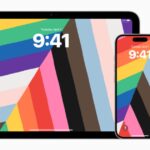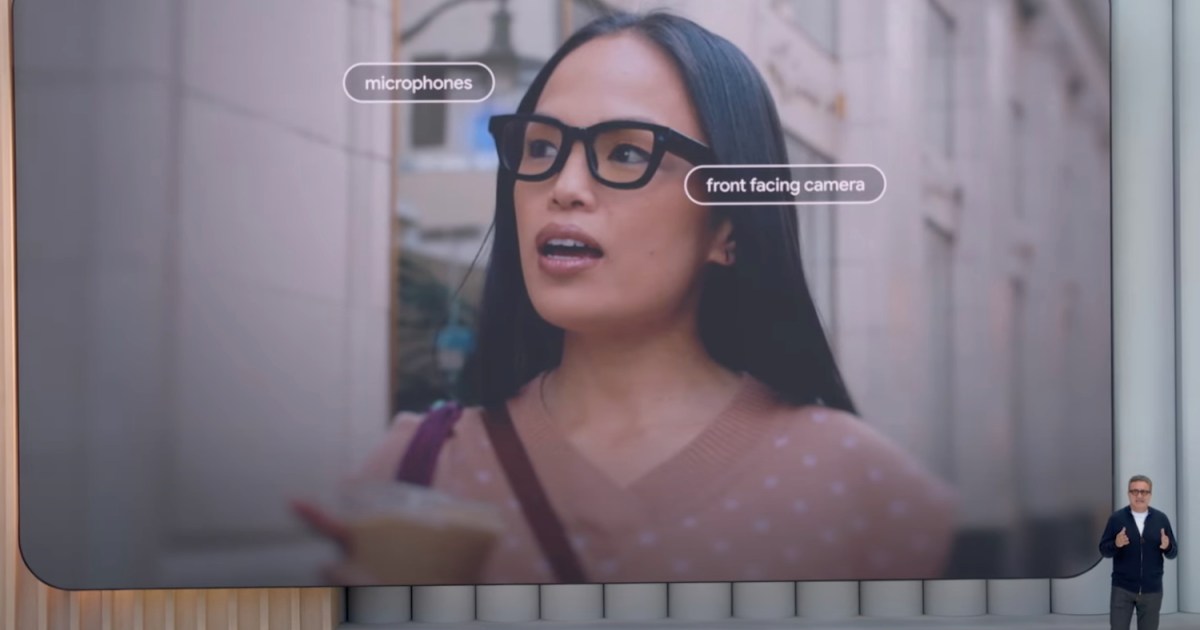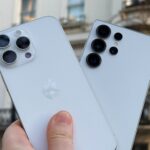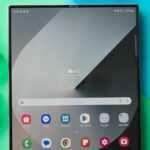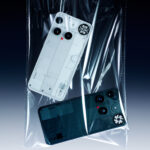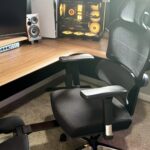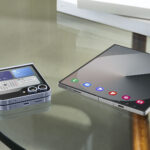Make no mistake, Google wants to run the technology inside your first pair of luxury smart sunglasses, but it’s not leaving the looks to chance or for its own internal designers to handle. Instead it’s turning to established eyewear partners with experience in the space it clearly wants to dominate, as it aims to make Android XR the go-to software for eyewear brands to adopt.
Big names with the right experience
During the keynote presentation for Google I/O 2025, the company’s annual developer conference, Android XR was showcased towards the end of the two-hour event using prototype smart glass hardware. Google’s ongoing decision not to show any consumer-ready models of its own suddenly made sense when it announced two partnerships related to smart glasses — Gentle Monster and Warby Parker — on stage, along with a third, Kering Eyewear, outside of the keynote.
It doesn’t look like Google intends to make glasses of its own, preferring to outsource the hardware to other brands, rather than add another homegrown product to its own Pixel mobile device range. It’s by far the best decision it could have made. Making spectacles of any kind is not like making a phone or a smartwatch, and although Google’s pockets are deep enough to hire experts, it’d be a long time before it nailed the design and fit, and likely impossible to build an extensive range of shapes for different faces required for wide success in a short amount of time.
It hasn’t just chosen any old sunglasses manufacturer as partners though. The names already confirmed are not only well-known, they also have clear ambitions in integrating technology into their business, and they’re all approaching the challenge from different directions too. Google’s handling the software, and letting others deal with the hardware. If you’ve been around Android for a while and remember its smartphone beginnings, this will be a familiar strategy.
Gentle who, Warby what?
We’ll come back to Warby Parker and why it’s a great choice for Google in a moment, as you may not be familiar with Gentle Monster, yet it’s probably the most exciting of the three partners. The South Korean brand started out in 2011 and although it sells its products globally, it’s best known in its home country, Japan, and China. It’s recognized for its creatively exciting retail stores, partnerships with big fashion brands, and its continued use of technology.
Gentle Monster has already fully embraced technology. From its wild, futuristic, often cyberpunk-inspired designs to the crazy high-tech art installations inside its retail stores, the brand is the perfect match for Google’s software. It has already tried its hand with smartglasses, having worked with Huawei several times, starting out during the audio-first smart glass wave around 2020. Outside of actual smart glasses it has introduced augmented reality try-on technology, produced a collaborative mobile game, worked with video game brands on some crazy designs, and has a well established online retail presence.
Warby Parker will likely be the more familiar name due to its unusual direct sales platform, the Buy a Pair, Give a Pair charitable program, and clever marketing through online sources such as podcasts. It’s not as tech-forward as Gentle Monster and that’s a good thing, as its classic designs will appeal to those who don’t want to make a strong statement. Google is doing more than just signing a partnership agreement with Warby Parker, it’s investing $150 million into the brand, with half set aside to develop new products. This is evidence of its serious commitment to developing smart glasses.
The final new partnership is with Kering Eyewear, a conglomerate designing products for 14 top luxury names including Gucci, Montblanc, Balenciaga, Cartier, and others. It also has its own eyewear brands, including Lindberg and Maui Jim. Google’s vice president of XR, Shahram Izadi, made its intentions with the company clear in the press release, saying, “Integrating our immersive XR platform with Kering Eyewear’s iconic styles will give consumers the fashion and function to get the most out of Android XR.”
Leaving nothing to chance
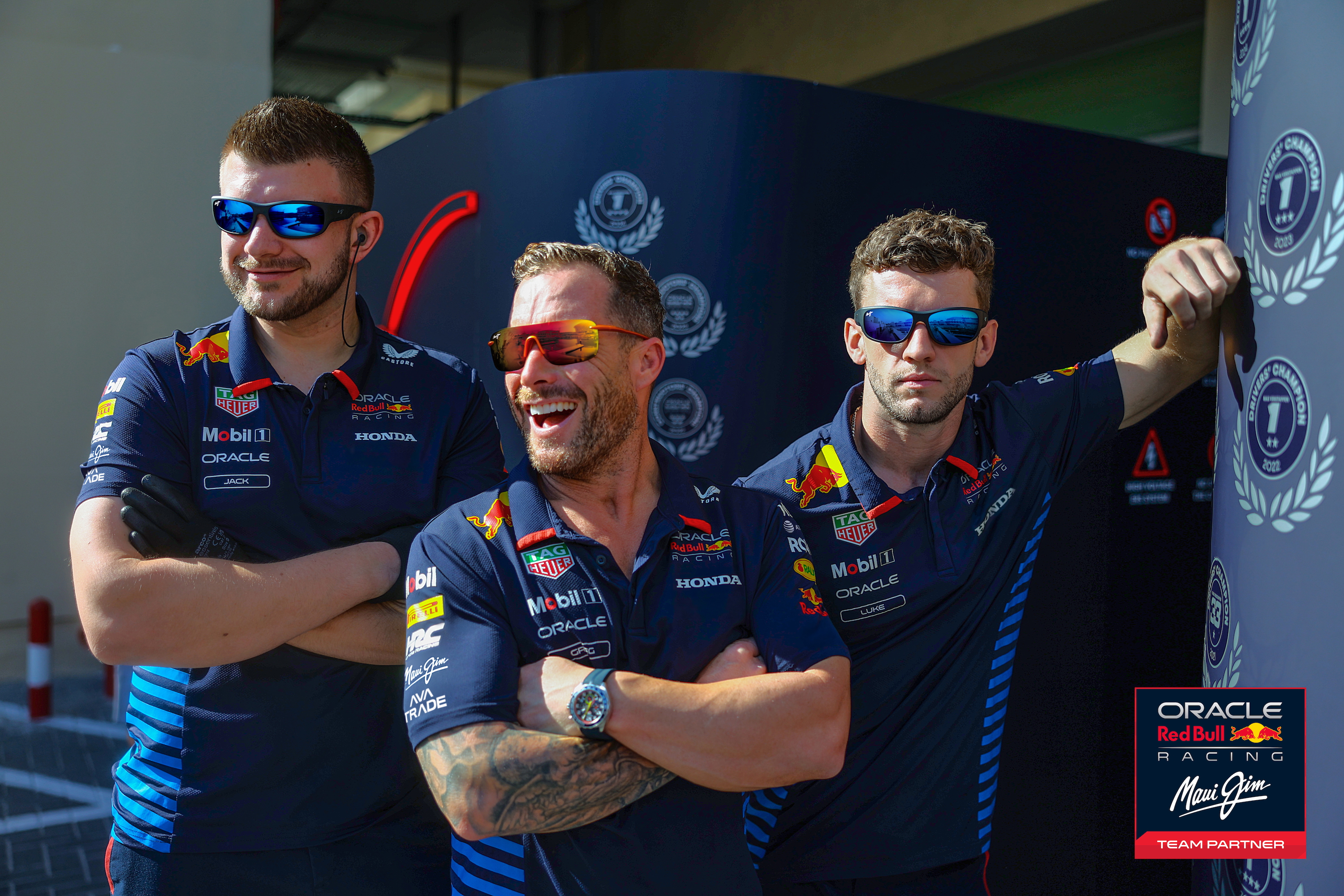
Meta’s partnership with EssilorLuxottica for the Ray-Ban Meta smartglasses helped make the product a success. Ray-Ban’s expertise and product understanding allowed Meta to release essentially one pair of glasses which are so well designed and timeless, they suit the vast majority of faces. However, the Wayfarer is fairly unique in the world of glasses, where one size almost never fits all.
By partnering with Gentle Monster, Warby Parker, and Kering Eyewear, Google has already got the majority of not only faces, but also tastes neatly covered. Not everyone will be able to pull off a pair of Gentle Monster glasses, or even want to try, but Warby Parker will be there to provide a pair they feel comfortable with, while those who love the latest fashion will likely find something from Kering Eyewear’s list of brands.

All the while, it’ll be Google’s Android XR platform working behind the scenes, providing an optimized and consistent user experience. Google’s Wear OS platform for smartwatches went through a rocky period, but it has improved massively since Wear OS 4, showing the company is now taking wearable tech software seriously, and making us less concerned about it delivering a strong software platform for smart eyewear than we may have been before.
High-tech luxury sunglasses are coming
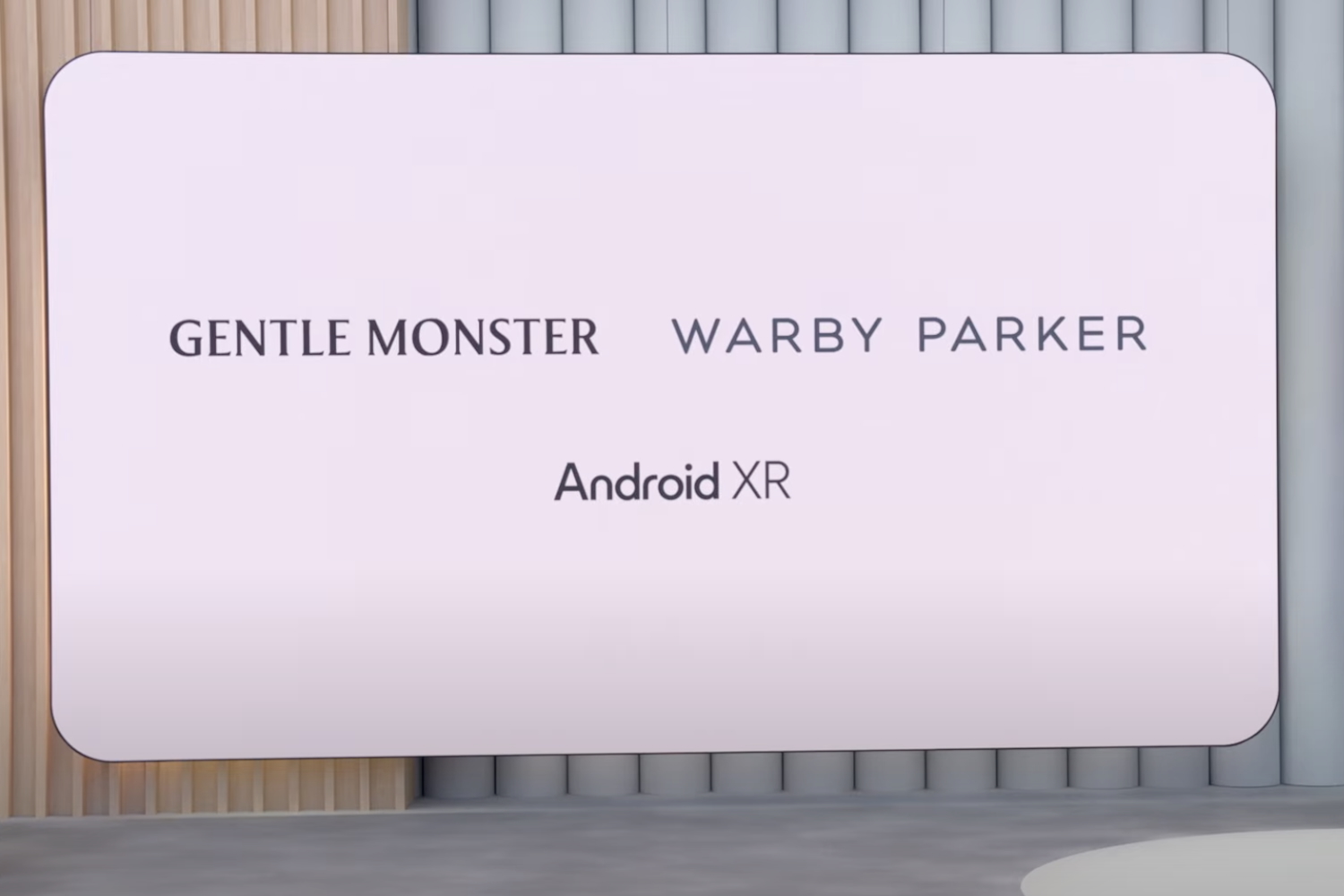
A consistent and reliable software experience will be more critical than you may think. There’s nothing luxurious about poorly functioning software, and its partners won’t want anything to sour their reputations. Google needs Android XR to practically blend into the background and barely be part of the conversation when it comes time to buy a pair of luxury smart glasses, and that will only come through confidence in the product from all sides. There’s a lot riding on Android XR.
Eyewear is chosen and purchased because of the way it looks on our faces, and the version of ourselves it projects to others. This will be the number one consideration, and Android XR needs to impress by being instantly usable, never intrusive, and almost invisible. By not building the hardware on its own, it appears Google is well aware of this, and its choice of partners shows it also knows it has to cater to as many people as possible to make the platform a success.
Perhaps the only problem here is time, because nothing is happening very quickly. Neither Gentle Monster or Kering Eyewear have talked about when an Android XR product may arrive, and Warby Parker has only said its first products will come after 2025. Provided that means early 2026, the ingredients are there for Google to finally banish the ghost of Glass with its latest high-tech eyewear push, and for your next pair of luxury sunglasses to have Android XR inside.
Read the full article here





